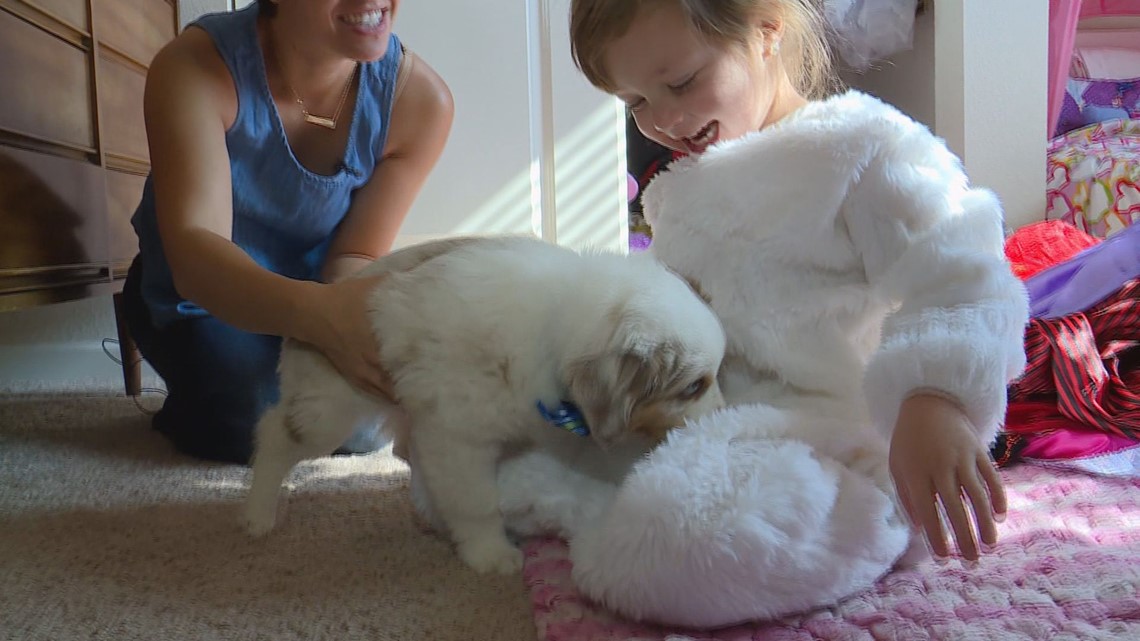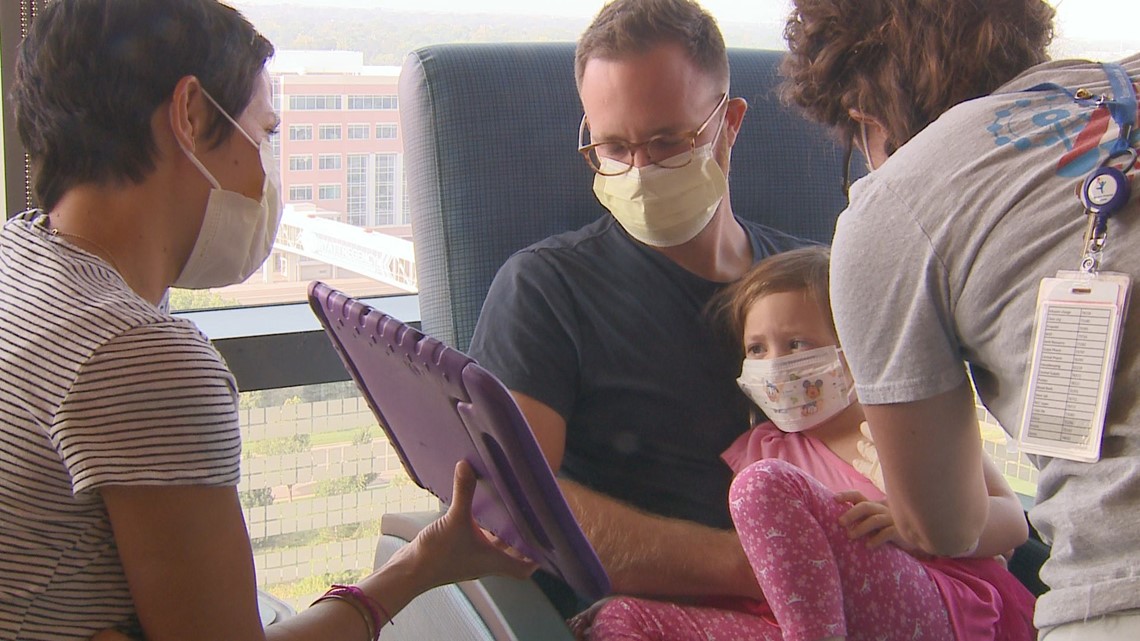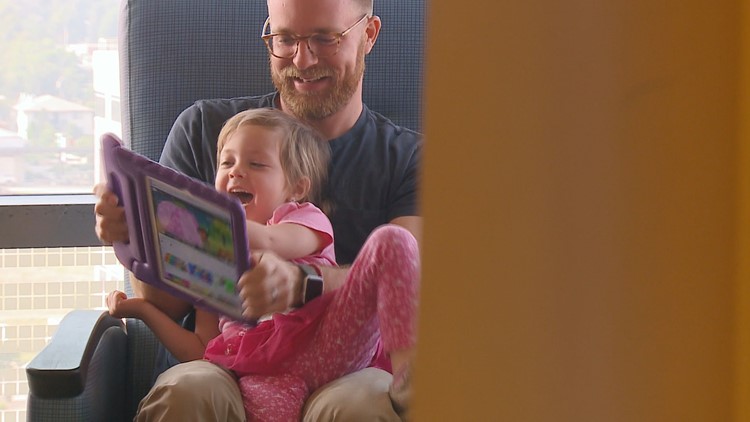DENVER — September is Childhood Cancer Awareness month. Every Tuesday during the month on 9NEWS Mornings, Liz Kotalik will share the story of a brave child fighting a tough battle.
When four-year-old Piper Waneka was diagnosed with cancer last June, her parents were shocked as the doctors told them her prognosis.
“There is no established treatment protocol for DIPG,” Nelson Waneka remembered. “Other than palliative radiation, which is not a cure. It just extends the timeline.”
That’s how Diffuse Intrinsic Pontine Glioma, or DIPG works. It’s one of the most aggressive pediatric brain tumors, and there is no chance of survival. Only 300 children in the United States have this diagnosis, which is a small percentage of the roughly 15,000 kids battling all kinds of pediatric cancers.
“I can’t emphasize it enough,” Piper’s mom Carrina told 9NEWS. “Never, ever in our wildest imagination did we see it going where it went.”
They were even more surprised as the reality sank in that there were hardly any options for their daughter. That is a major obstacle children with rare cancers face every day.
“It’s definitely one of the last frontiers trying to cure brain tumors,” Dr. Jean Mulcahy-Levy, with Children's Hospital Colorado said. “Really trying to investigate the cause of these tumors to develop new therapies is essential to prolonging life and hope for a cure.”


Dr. Mulcahy-Levy is a Pediatric Neuro-oncologist at Children’s Hospital and has been working with Piper and her family.
Since radiation has already been done, Piper’s last hope is a clinical trial being administered at Children’s on a compassionate-use basis. The hope is that perhaps this will be the answer. But the funding to find that answer is minimal.
The National Institutes of Health gives 4% of their budget towards studying pediatric cancers. The number for researching rare cancers is even smaller.
“The DIPG parent and family community is amazing at fundraising to try and raise money because of the lack of research funds from the federal government for rare cancers and pediatric cancer in general,” Dr. Mulcahy-Levy said. “Hopefully new therapies are being developed and these kids are going to see a prolonged life and a cure in the future.”


The goal is to see some major steps forward in five to ten years. In the meantime, Piper and her family cling to the possibility that they’ll be able to keep their daughter in their lives a little longer.
“Best case scenario…everything goes back to normal,” Nelson said. “And she gets to be a space doctor like she wants to be.”
If you’d like to directly help DIPG research, click here: http://warriorsforprincesspiper.com/
To make a donation toward pediatric cancer research funding, click here: https://www.morganadamsfoundation.org/



